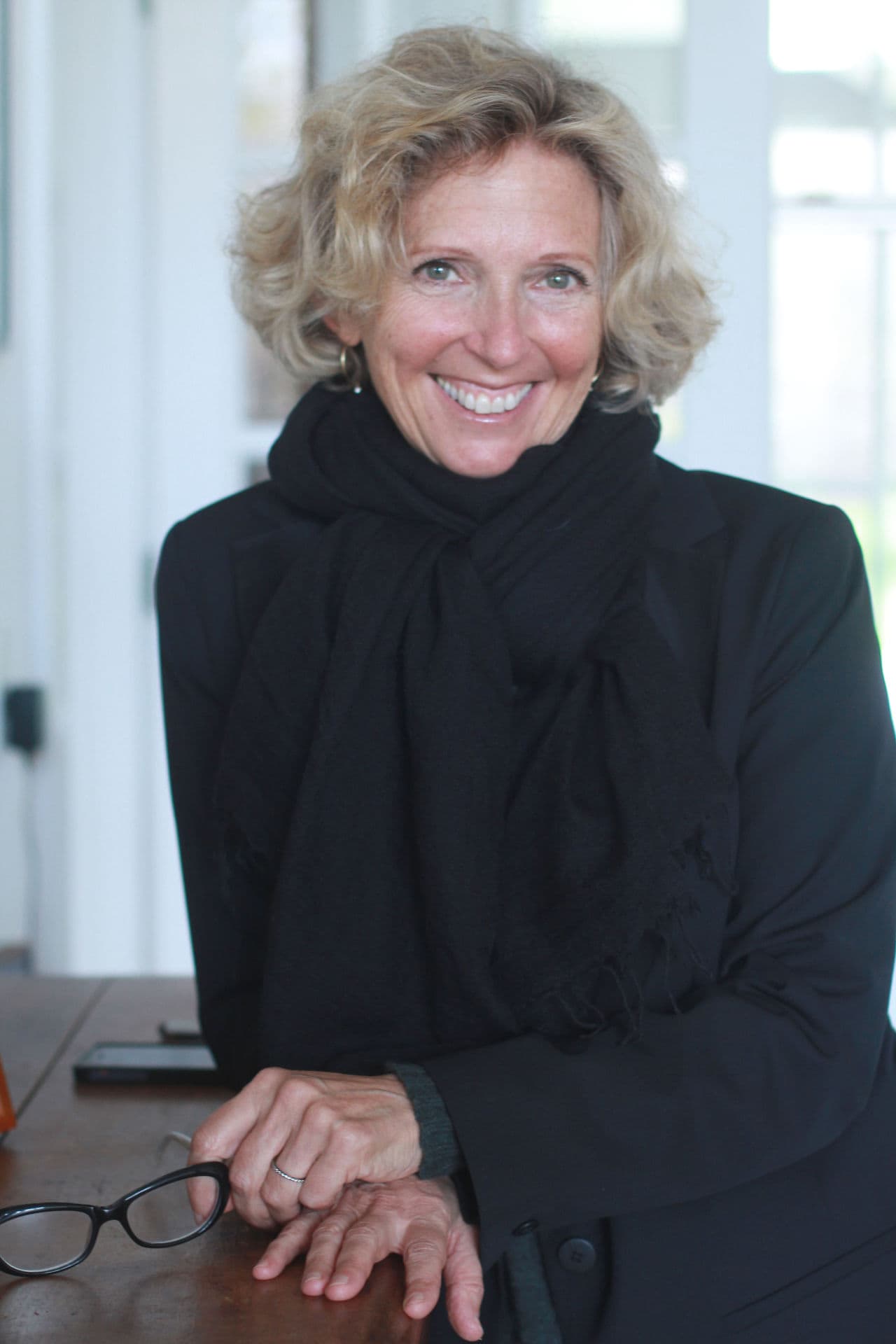Advertisement
'The Hungry Mind': Psychologist Susan Engel's Call To Arms

Before my daughter entered kindergarten, she found it terribly important to make a snack hat. Her urge guided her to investigate the problem, pose a question — what to do with leftover snacks? — and begin swift work on finding a solution that bridged the divide between snacking and headgear. After gathering construction paper, straws, a ski hat and what seemed like a crate full of tape, she closed her door and got intensely busy doing the handiwork of childhood. Her curiosity got the best of her.

And Susan Engel's curiosity got the best of her when, as a child, she ate bugs. Perhaps if a 3-year-old Engel had not felt the urge to sample potato bugs as a toddler, we wouldn't have "The Hungry Mind: The Origins of Curiosity in Childhood." And that would be a shame.
In "The Hungry Mind," Engel implores us to shift our perspective from what we say we believe is important for our children — curiosity — to the many ways we unconsciously sabotage that same curiosity when children choose to express it. Engel shows us how curiosity develops in children and how teachers, parents and interested observers can restore curiosity to its most advantageous position — at the foundation of a child's inquiry into the seen and unseen world.
While Engel's previous book, "The End of the Rainbow: How Educating for Happiness — Not Money — Would Transform Our Schools," asked us to imagine the ultimate goal of school as happiness, "The Hungry Mind" helps us envision curiosity as providing the path to get there.
Technically provocative and narratively enveloping, "The Hungry Mind" reads as a call to arms. If children learn and retain the most when they are expressing their curiosity, why do formalized education and society undermine their most precious gift?
Engel, who teaches educational psychology at Williams College and serves as the director of its Program in Teaching, began her research into the development of curiosity during the years following the implementation of George W. Bush's "No Child Left Behind" policy. The idea originated one day as she stood listening to a group of teachers lament the problems of hyper testing and its effects on students and teachers. Engel listened and sympathized, thinking, "The government wants children who know things and can do things, while teachers want children who are curious. But do they [teachers] think that what happens in their classrooms actually makes children more curious?"
Ten years later, Engel is still working on ways to measure this ability in children. In the meantime, "The Hungry Mind" shows us the ways in which children's curiosity develops and ways schools can foster and encourage it. Each chapter begins with a narrative from her own life as a curious child, one of them involving her childhood neighbor, Truman Capote. Capote's regular visits to Engel’s grandmother’s house had him narrating tales about the darker side of human nature and in turn introduced Engel to gossip as sport. Years later, her research allowed her to find out how “good gossip” and curiosity work together to provide children with information about culture and the world beyond what is directly experienced.
Engel includes a heavy amount of research, but the book never feels burdensome or overwrought. Her narration and conclusions are always gripping and insightful. She turns to researchers such as Jean Piaget and Roy Baumeister for clues on children's gossip, the importance of solitude and free time, and the role questioning and conversation should play in a child's life. Her focus is on showing readers just how little and how much we know about how curiosity works and needs to work.

“Children are learning, by the time they are three or four,” writes Engel, “just how useful, satisfying and admirable it is to be curious, or risky and troublesome.” If part call to arms and road map “The Hungry Mind” also has the tone of a cautionary tale. How did cultivating curiosity in schools become so risky? And more importantly, why?
"The Hungry Mind" is a thoughtful exploration of the way curiosity develops in children and the ways to cultivate it in the classroom. "It turns out," Engel reminds her readers, "that like many delicate plants, in order to flourish, curiosity needs to be cultivated."
Engel will read from "The Hungry Mind: The Origins of Curiosity in
Children" March 12 at 7 p.m., at the Brookline Booksmith.
Nicole Hamer is a writer and playwright living in Western Massachusetts. You can find her at: www.nicolehamer.com.
